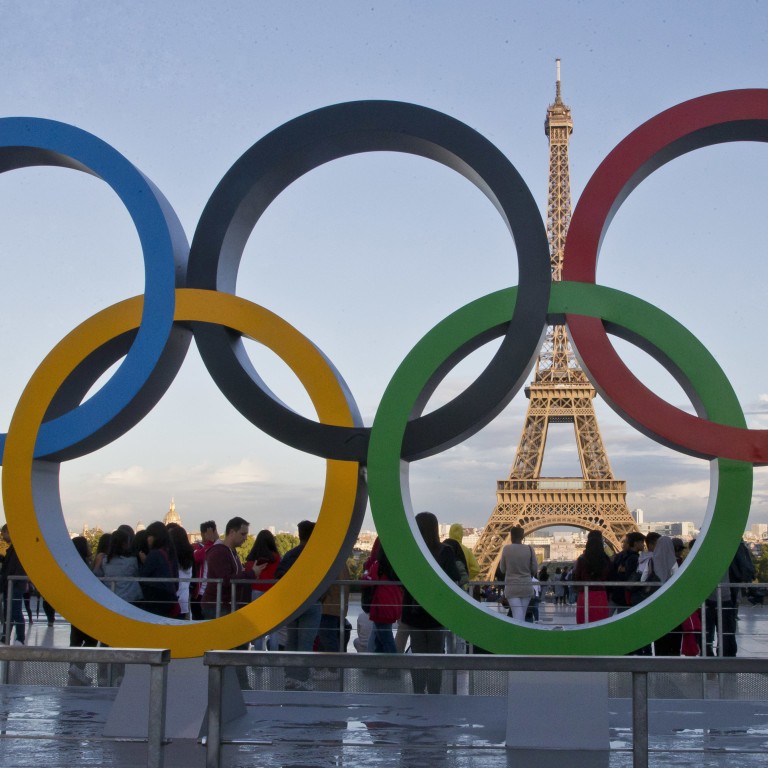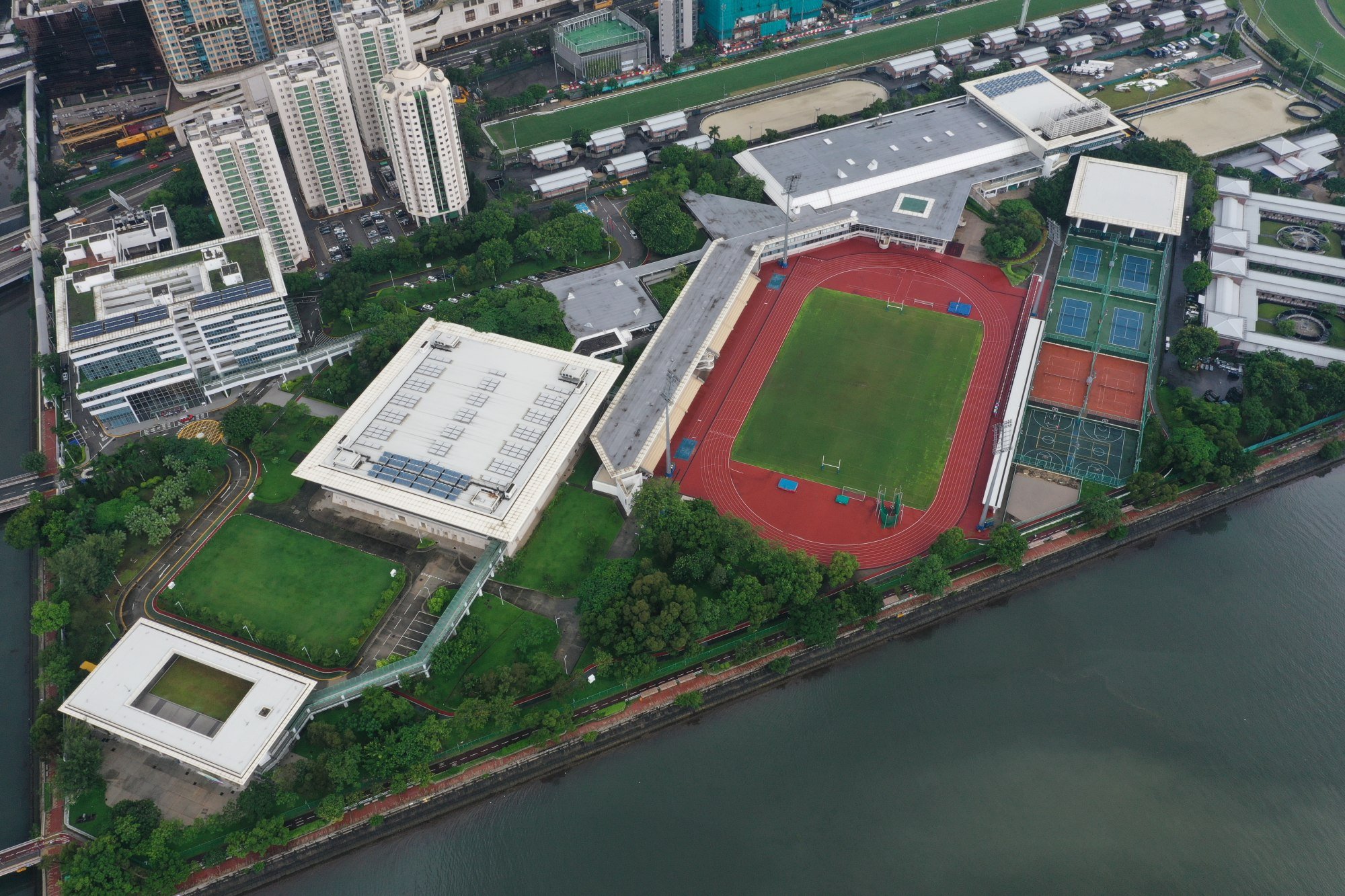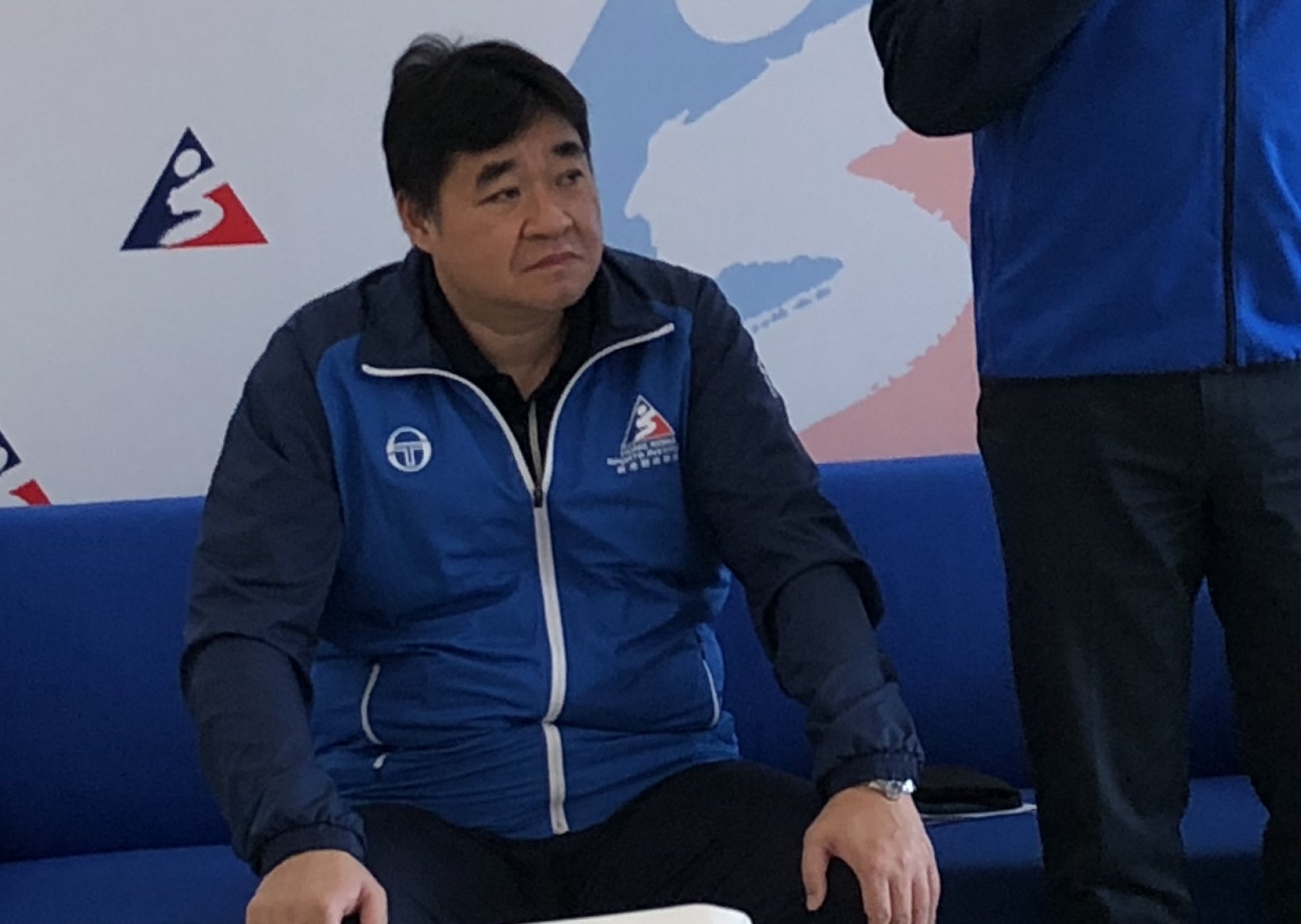
Olympics 2024: getting more athletes to Paris is Hong Kong’s top priority as new supremo stresses qualifying race
- City’s hopefuls must clinch places at the Games before there can be any talk of medal targets, Hong Kong Sports Institute’s new CEO Tony Choi says
- Choi also stresses need to manage expectations after Hong Kong brought home its best Olympic haul of six medals in 2021
Tony Choi Yuk-kwan, the new chief executive at the institute (HKSI), on Wednesday outlined three pressing items for his in-tray as the teams and individuals in his remit set their sights on the 2024 Games in Paris.
Along with preparations for France, Choi will oversee an expansion of facilities this year for three sports, and the allocation of greater resources for sports medicine.

The current target for Paris was simply to get there. Only after that, Choi said, would the focus turn to whether Hong Kong could aspire to anything in the region of its best Olympic haul of six medals, achieved in 2021.
“This year is very challenging because at the last Olympics in Tokyo, we did really well,” he said. “In that sense, there is some pressure, but I think we need to manage expectations.
“That is why I’m not forecasting how many medals we will win. But at the institute we will make the best preparations.
“Right now, our priority is to try to get more athletes to qualify. That’s the first thing we have to do, and it will be step by step from there. We will try our best.”
A second area for Choi’s attention was upgrading the table tennis, fencing and karate facilities at the HKSI’s campus in Fo Tan.
Fencing chiefs had previously highlighted to the Post the need for expansion for a sport that gave Hong Kong only its second ever Olympic gold when Cheung Ka-long triumphed at the Tokyo Games three years ago.
Cheung also rose to the top of the men’s foil world rankings, while Vivian Kong Man-wai is the present world No 1 in women’s épée, having had a previous stint there in 2019.
However, the city’s squad have access to 13 pistes, or strips, for the 17 to 18 leading fencers typically vying for space, with some having to wait to train or do gym sessions to allow access to all of the age-group teams.
Hong Kong’s karate programme, too, boasts a world No 1 after Grace Lau Mo-sheung last week reached the summit in women’s kata.
Karate, along with table tennis, will soon be more generously accommodated in the new sport science building, freeing up space in their old building that will be renovated into an extra fencing hall to double the number of pistes.
“Right now, the fencing hall is not enough,” Choi said.

The successor to Trisha Leahy, who stepped down after 15 years in December, former squash player and coach Choi has almost 25 years of experience at the institute and had been deputy CEO since 2016. Beyond overseeing preparations for Paris, he will lead Hong Kong’s work towards the 2025 National Games.
The other immediate matter he would address, he said, was sports medicine, which was promised more resources in October’s annual policy address by the city’s leader, John Lee Ka-chiu.
A new position of medical director is to be created, tasked with looking after the HKSI’s 1,500 athletes – about 600 of them full-time – and based in the new building, due to be completed by the summer.


